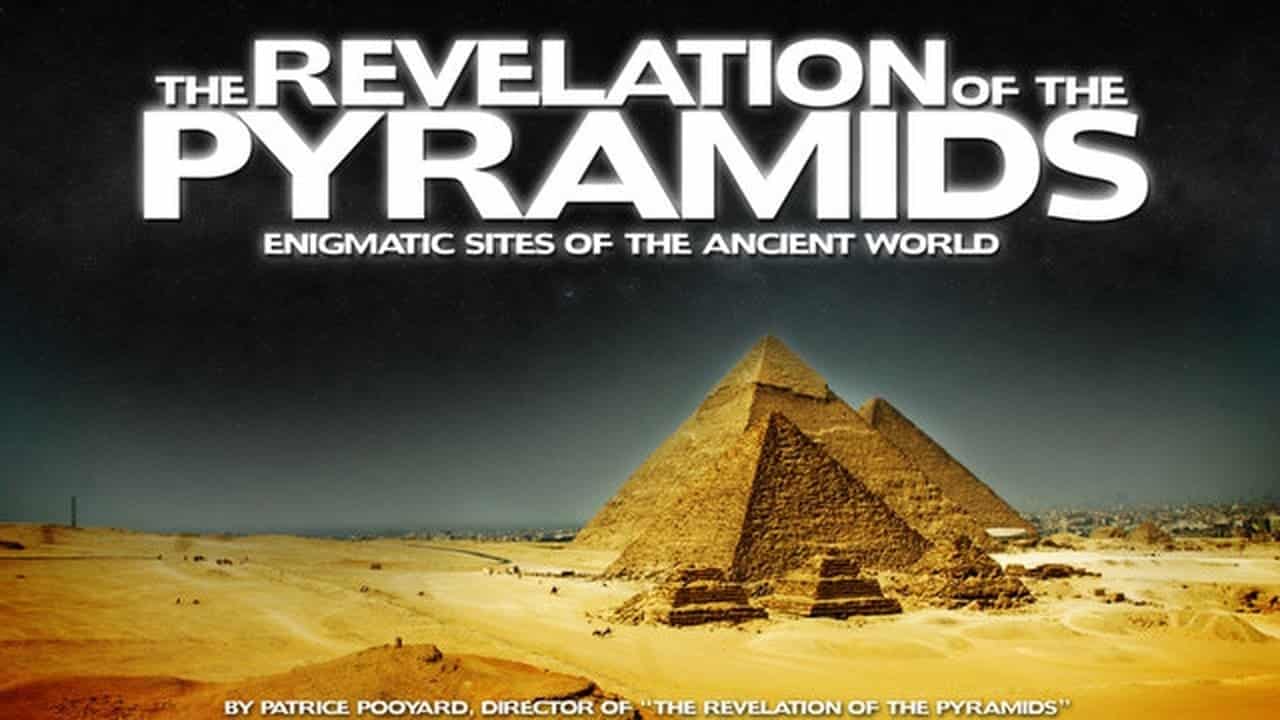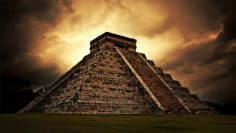The Revelation of the Pyramids
The Revelation of the Pyramids presents an alternative perspective on the origins and purpose of the Great Pyramid of Giza and other ancient structures around the world. Narrated by Brian Cox, it is based on the research of Jacques Grimault, who has studied pyramids for over four decades.
The documentary challenges traditional Egyptological views about the construction and function of the Great Pyramid. It questions commonly held assumptions, such as the lack of advanced machinery, the estimated construction time, and the pyramid’s alignment with the equinox. It suggests that the level of mathematical knowledge required to build the pyramids implies a far more advanced civilization than previously thought.
Expanding beyond Egypt, the film draws comparisons between the pyramids of Giza and ancient structures in other parts of the world, including China, Easter Island, and the Americas. It proposes a controversial theory that these sites are aligned along a “leaning equator” at a 30-degree angle from the traditional equator, positioning them equidistant from the Earth’s magnetic poles.
The documentary presents Grimault’s hypothesis of a cyclical pattern of geological changes on Earth, including the shifting of magnetic poles. This cycle, he argues, causes catastrophic events approximately every 26,000 years. According to this theory, an advanced civilization predating our own was destroyed by such a cataclysm, and the pyramids were constructed as a mathematical puzzle intended to warn future generations about these recurring disasters.
While the film has garnered attention for its unconventional ideas, it has also faced criticism from the scientific community. Experts have questioned the validity of its claims, and some have accused it of promoting pseudoscientific theories. Despite the controversy, it has sparked discussions about ancient civilizations and the mysteries surrounding monumental structures across the globe.









